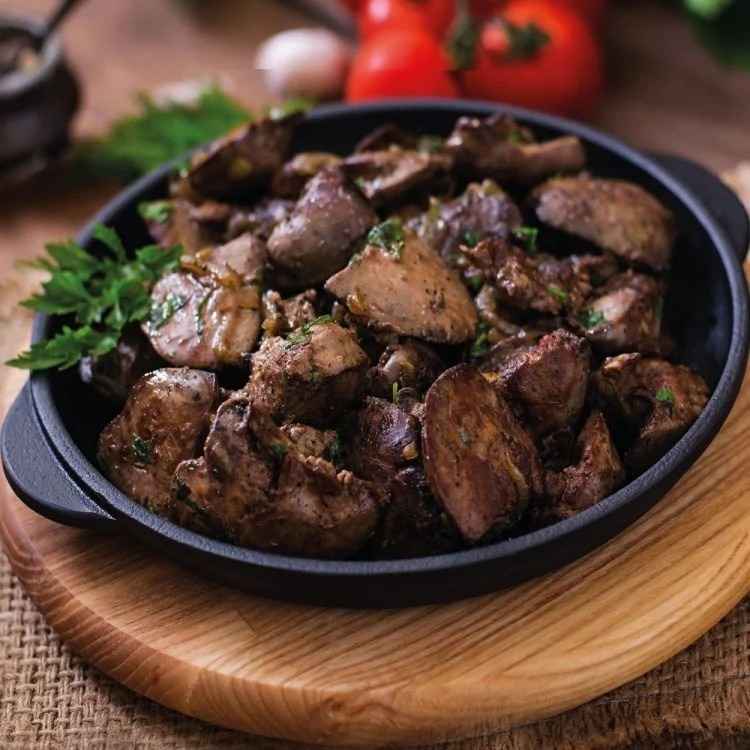Goat liver is a nutrient-dense organ meat that offers a wide array of health benefits, making it a valuable addition to a balanced diet. This organ meat is particularly rich in essential vitamins and minerals, which play crucial roles in maintaining overall health. One of the standout nutrients found in goat liver is vitamin A, a fat-soluble vitamin that is vital for supporting vision, promoting healthy skin, and bolstering immune function. Adequate levels of vitamin A can help reduce the risk of infections and improve overall health.
In addition to vitamin
A goat liver is an excellent source of B vitamins, including B12, riboflavin, and folate. These vitamins are essential for energy metabolism, helping the body convert food into usable energy. They also play a role in the formation of red blood cells and the maintenance of a healthy nervous system. This makes goat liver particularly beneficial for individuals who may be experiencing fatigue or those looking to enhance their energy levels.
Another significant benefit of goat liver is its high iron content.
Iron is a critical mineral that is necessary for the production of hemoglobin, the protein in red blood cells that carries oxygen throughout the body. For individuals with anemia or those who need to boost their iron intake—such as pregnant women, athletes, or those with heavy menstrual cycles—goat liver can be an excellent dietary choice. The heme iron found in animal sources like liver is more easily absorbed by the body compared to non-heme iron from plant sources.
Beyond its vitamin and mineral content, goat liver is also a source of high-quality protein. Protein is essential for muscle repair, growth, and overall bodily functions, including hormone production and immune response. The amino acids found in goat liver are vital for building and repairing tissues, making it an excellent food choice for those engaged in physical activity or recovery from injury.

goat liver contains healthy fats
which contribute to its caloric density. These fats not only provide energy but also support cellular health and the absorption of fat-soluble vitamins. Including healthy fats in the diet is important for maintaining hormonal balance and overall well-being.
When considering the incorporation of goat liver into your diet, it is crucial to source it from healthy animals. The nutritional quality of liver can vary significantly based on the animal’s diet and living conditions. Choosing liver from pasture-raised or grass-fed goats can ensure that you are getting the best possible nutrients, as these animals tend to have a more balanced and nutrient-rich profile.
In terms of culinary preparation
goat liver can be enjoyed in various ways, and different cooking techniques can enhance its flavor and texture while preserving its nutritional value. Common methods include sautéing, grilling, or making pâté. Marinating the liver before cooking can also help to tenderize it and infuse it with additional flavors. It is important to avoid overcooking, as this can lead to a tough texture and loss of nutrients.
Overall, incorporating goat part, into a balanced diet can provide numerous health benefits, making it a valuable addition for those looking to enhance their nutritional intake. Whether you are seeking to boost your vitamin and mineral levels, increase your protein consumption, or simply explore new culinary experiences, goat liver is a nutrient powerhouse that deserves a place on your plate.

